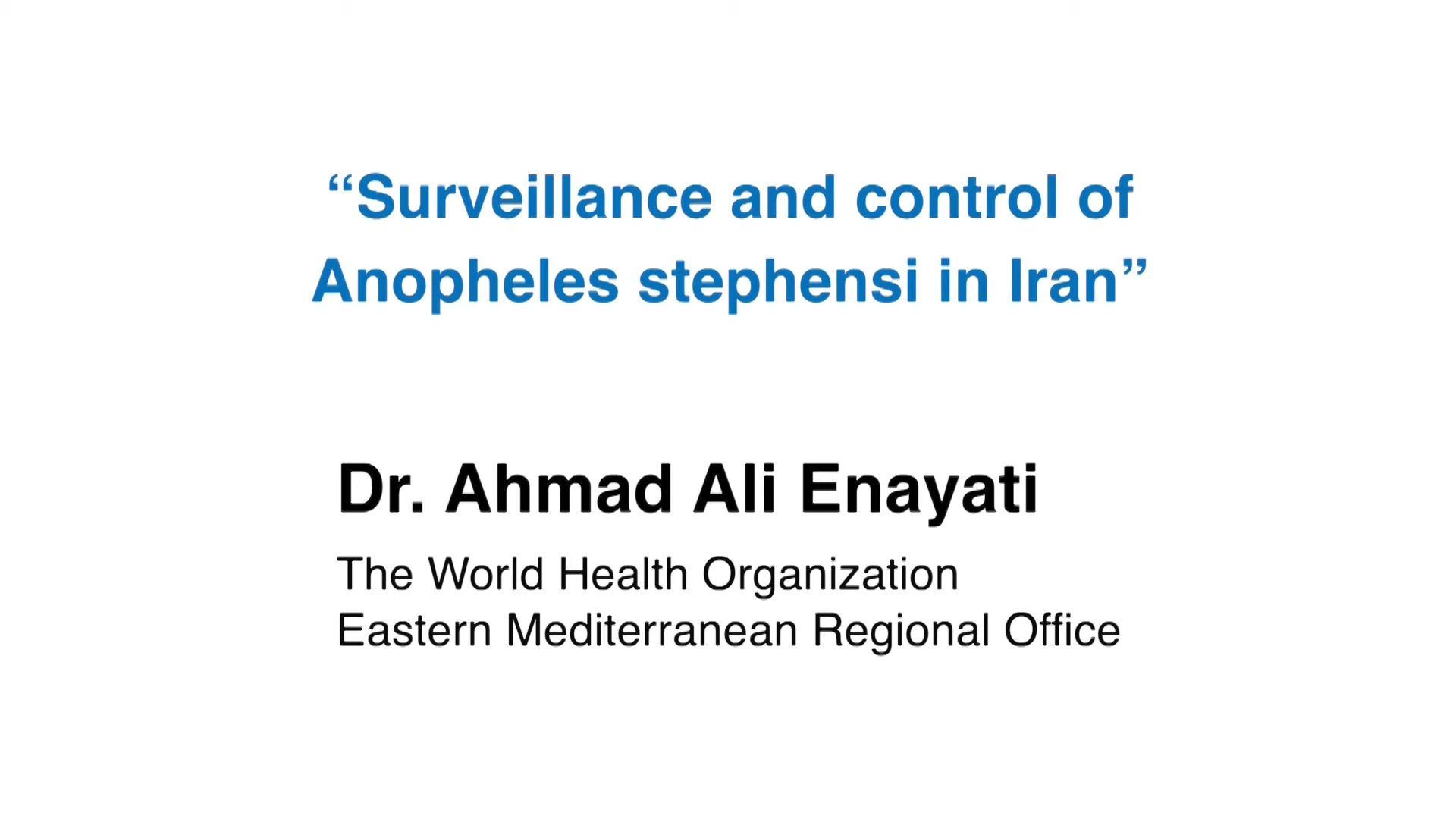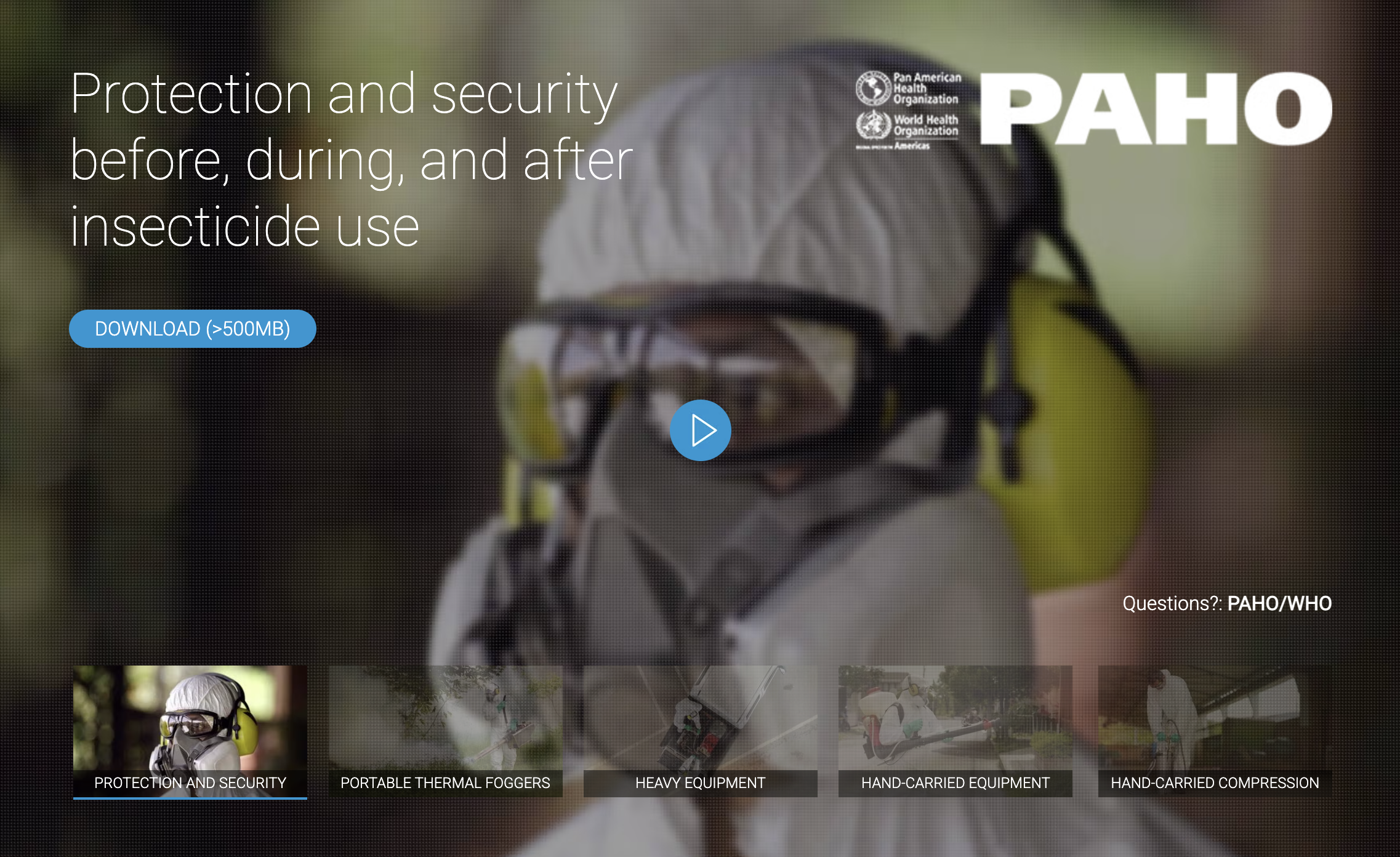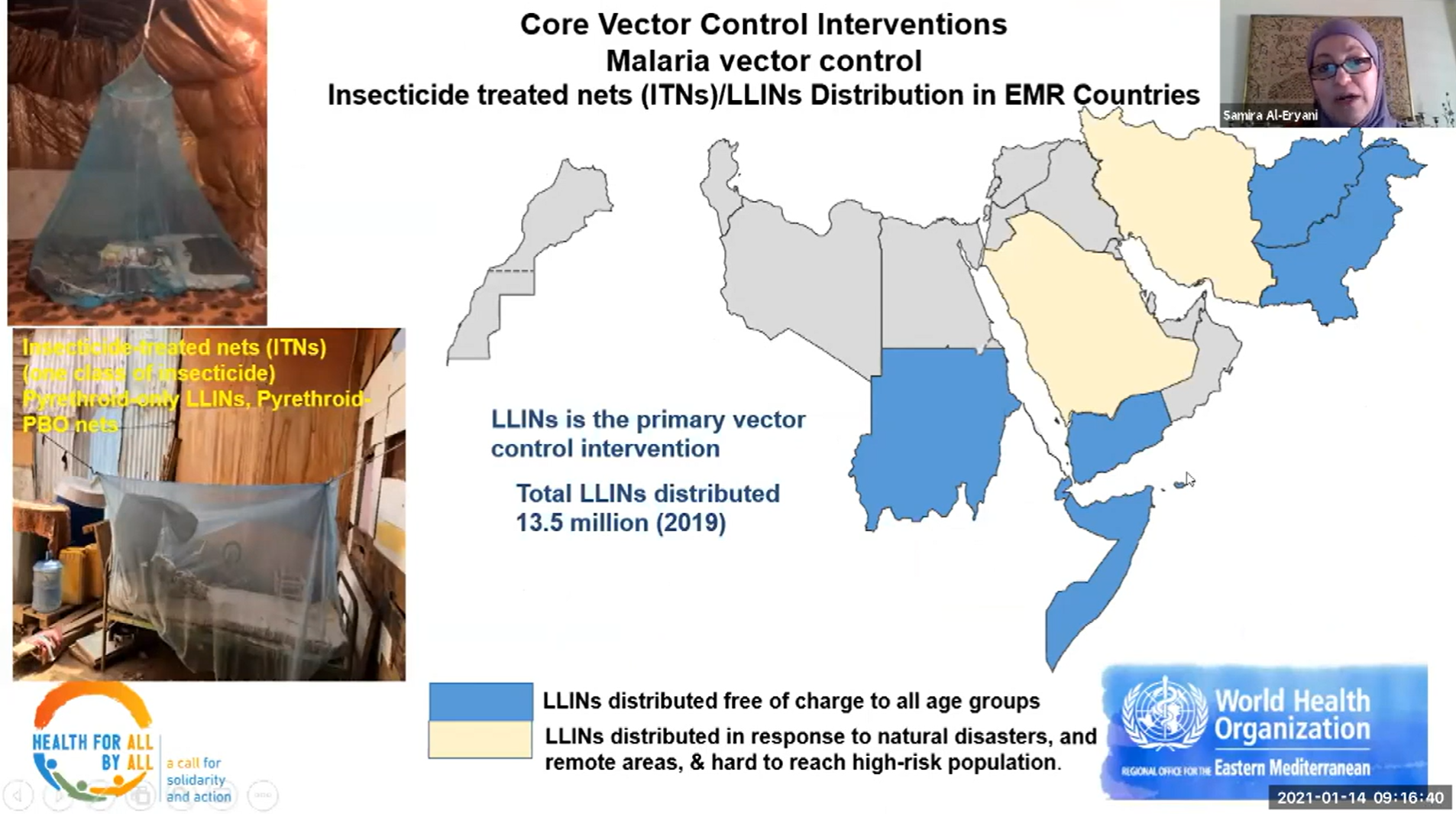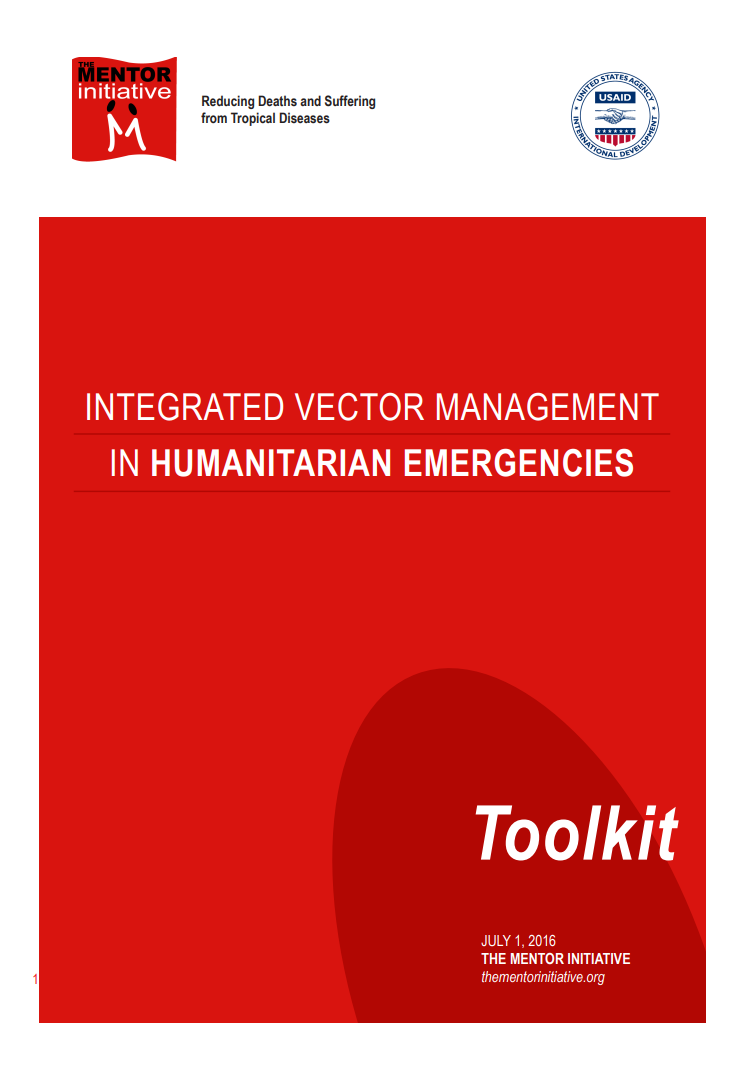Surveillance and control of Anopheles stephensi in Iran
Published: 29/01/2022
The training was given by Dr. Ahmad Ali Enayati from the World Health Organization Eastern Mediterranean Regional Office.
The “Regional Online Training of Trainers on Vector Surveillance and Control” was organized by the World Health Organization (Malaria and Vector Control unit of universal health coverage/communicable diseases department-MVC UHC/DCD and Head Quarters-HQ) in collaboration with Singapore’s National Environment Agency (NEA). The training was conducted virtually in 2021 to strengthen the capacity of vector surveillance and control in the Eastern Mediterranean Region during the COVID-19 pandemic. The training covers the surveillance of the major disease vectors transmitting dengue, chikungunya, malaria and leishmaniasis, and focused on the methodology of collection of the disease vectors for monitoring, including the novel tools for vector surveillance and the current WHO recommended vector control interventions. An important issue addressed in this training is the invasive Anopheles stephensi in the Horn of Africa. The sessions were delivered by speakers from WHO EMRO and HQ, NEA Singapore, CDC Atlanta US, University of California Riverside and Baylor University US, International Atomic Energy Agency, CropLife International. The training hosted a total number of 60 participants from vector control staff in national control programmes from 11 Member States in the Eastern Mediterranean Region. The final assessments of the online training of trainers in 2021 showed great improvement in the overall knowledge and awareness on vector surveillance and control, and participants reported high level of satisfaction with the online training.
THEMES: Capacity Building | Surveillance | Vector Control



